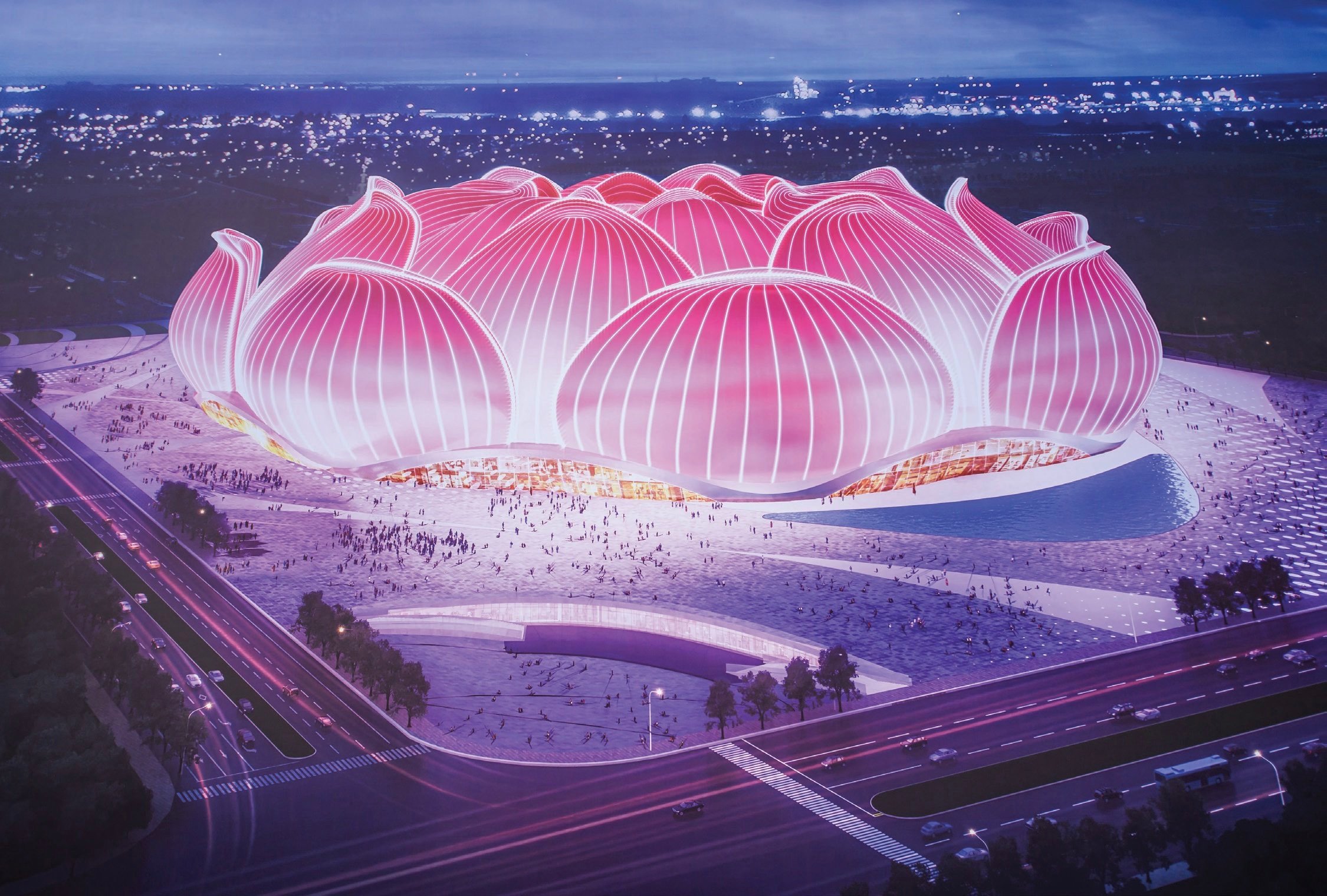
The Aesthetic Life of Infrastructure: Race, Affect, Environment
Edited by Kelly M. Rich, Nicole M. Rizzuto, and Susan Zieger
Winner of the MLA Prize for an Edited Collection, 2023
A critical reading of the unstable structures that organize biological and social life
This timely and radically interdisciplinary volume uncovers the aesthetics and politics of infrastructure. From roads and bridges to harbors and canals, infrastructure is conventionally understood as the public works that allow for the circulation of capital. Yet this naturalized concept of infrastructure, driven by capital’s restless expansion, is haunted by imperial tendencies to occupy territory, extract resources, and organize life. Infrastructure thus undergirds the living nexus of modernity in an ongoing project of racialization, affective embodiment, and environmental praxis. Rather than merely making visible infrastructure’s modes of power, however, The Aesthetic Life of Infrastructure brings literary methods to bear on the interpretive terrain, reading infrastructural space and temporalities to show that their aesthetic and sensorial experience cannot be understood apart from histories of production and political economies.
Building on critical infrastructure studies in anthropology, geography, and media studies, this collection demonstrates the field’s vitality to scholars working across the humanities, including in literary, visual, and cultural studies. By querying the presumed invisibility of infrastructure’s hidden life, the volume’s contributors revitalize ongoing literary debates about reading surface and depth. How, they ask, might infrastructure and aesthetics then function as epistemic tools for rethinking each other? And what urgency do they acquire in light of current crises that bear on death, whether biological, social, or planetary?
Northwestern University Press, December 2023 || Publisher’s website
[image: groundbreaking ceremony for Guangzhou Evergrande Stadium]
Table of Contents
Chapter 1: Reading Infrastructure
Kelly Mee Rich, Nicole M. Rizzuto, and Susan Zieger
Part One: Spatial Histories of Racial Capitalism
Chapter 2: Roads, Bridges, and Ports: Infrastructures of Plantation Agriculture in the British Caribbean, 1627–1840
Ramesh Mallipeddi
Chapter 3: Internal Empire: The Neoclassical Architecture of Racial Capitalism
Louis Moreno
Chapter 4: Infrastructure and Intimacies: Early Black Women’s Writing and the Care Work of Colonialism
Samantha Pinto
Part Two: Affect and Technologies
Chapter 5: Fine-Tuning Frantz Fanon’s Infrastructural Affects
Yanie Fecu
Chapter 6: Embodied Subjects and Infrastructural Failure in Chris Abani’s GraceLand
Janice Ho
Chapter 7: Border Zones: Infrastructure and Human Migration in Exit West and EXIT
Sangina Patnaik
Chapter 8: An “Elastic Severalty”: Distributive Infrastructuralism in Namwali Serpell’s The Old Drift
Jeannie Im
Part Three: Energy, Environment, Extraction
Chapter 9: Poetic Ultrasound: Atmosphere, Photography, and the Natural Aesthetics of Wind Power
Georgiana Banita
Chapter 10: To Be Addressed by Nuclear Reactors: Radiation Exposure and the Aesthetics of Life Itself
Rahul Mukherjee
Chapter 11: Cocaine Logistics and the Neoliberal Art of Credibility
Susan Zieger
Afterword
Rediscoveries of the Ordinary; or, All That Is Solid . . .
Jennifer Wenzel